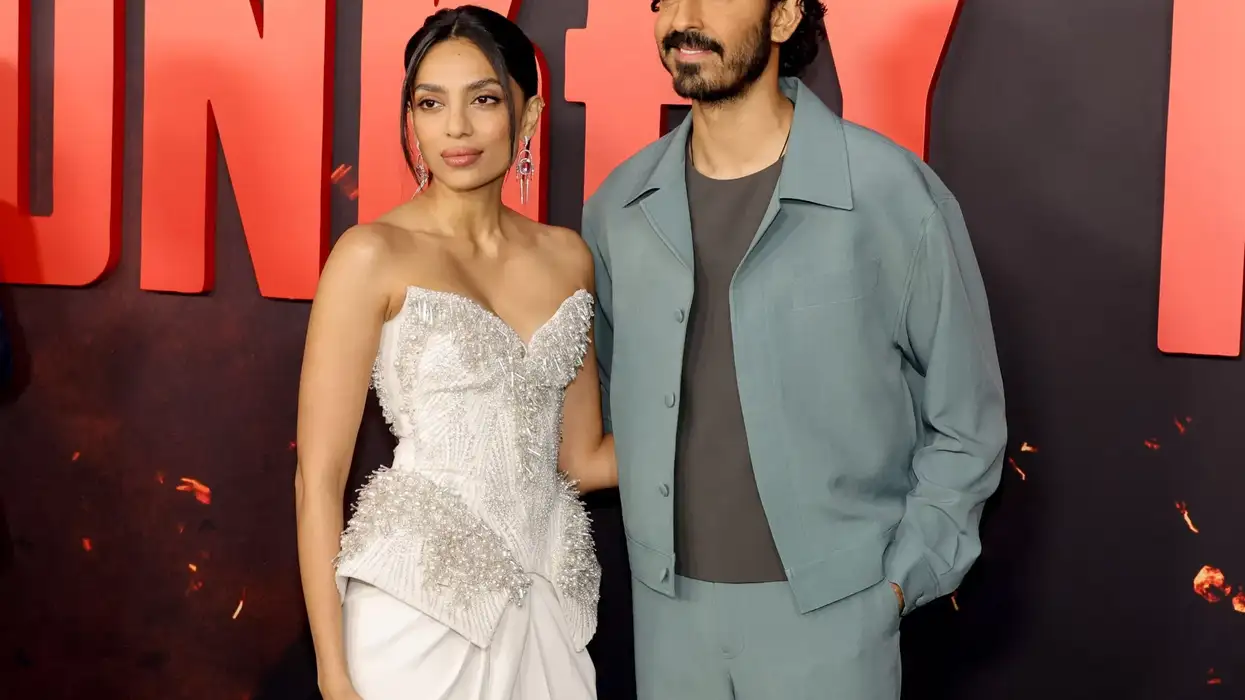Actress Sobhita Dhulipala credits Dev Patel's Monkey Man for changing her life. She opened up about her journey in the entertainment industry and the "idea of a mainstream commercial film star" in India.
When asked whether Monkey Man changed her life, she told Deadline, “Would it release at all? Where? Who would release it? I had no idea it would someday be birthed in such a beautiful way," she said. "Life is what happens to you while you're busy making other plans."
Dhulipala's choice of roles reflects this mindset. She was born in the South Indian state of Andhra Pradesh and followed the professional route that leads from beauty pageants to acting, as Priyanka Chopra, Aishwarya Rai, and others have. She dropped out of corporate law school to represent India in Miss Earth 2013, and then made her acting debut in famed filmmaker Anurag Kashyap's psychological crime thriller 'Raman Raghav 2.0'.
“I feel like I've been seen as someone who's more 'alternative', for the lack of a better word," said Dhulipala.
"In India, there's the conventional idea of a mainstream commercial film star where they love you because you entertain and give them escape, but you're not really accountable as an actor to stand for anything," she explained.
"I guess my expectation from a different kind of actor who does films that reach my heart and travel with me would be somehow more personal, and that is a bit of a niche," she added.
Although she has acted in various Telugu, Malayalam, and Tamil films, her most well-known role before Monkey Man was that of wedding planner Tara Khanna in Made In Heaven.
Even before these roles were announced, Dhulipala auditioned for the part of Sita in Monkey Man, Dev Patel's debut directorial endeavour. After an exhaustive audition procedure, she was cast in the part in 2019, and the filming took place on an Indonesian island during a lockdown. Jordan Peele co-produced the picture, which took another four years to distribute internationally.
The global attention is somewhat new for Dhulipala, who describes herself as an introvert, comfortable "living under a rock because it's moist and cozy". "Often my response to social life is to sort of withdraw, so when I have to speak about myself or my journey, I'm just like, 'Uh, so I've been alive, and um, I got typhoid last year, I don't know'," she added. "Do I have anything special to add?"
In an era where streaming has propelled country-specific actresses into the forefront, Dhulipala's trajectory has been distinct from those of predecessors such as Priyanka Chopra and Deepika Padukone. For starters, she has worked in multiple Indian film sectors, not only in Bollywood. She recalled a panel discussion with her co-stars in the Hindi versions of 'The Night Manager'. The moderator posed a question that alluded to the fact that she was South Indian yet worked in the North Indian Bollywood industry.
"I think the host was just being cheeky, but I don't know - when I go to another country, I'm Indian. When I'm in India, I'm South Indian. Within South India I don't speak Malayalam or Tamil, I speak Telugu. But then again, I'm not from Telangana, I'm from Andhra Pradesh," she said, zooming in on regional specificities.




